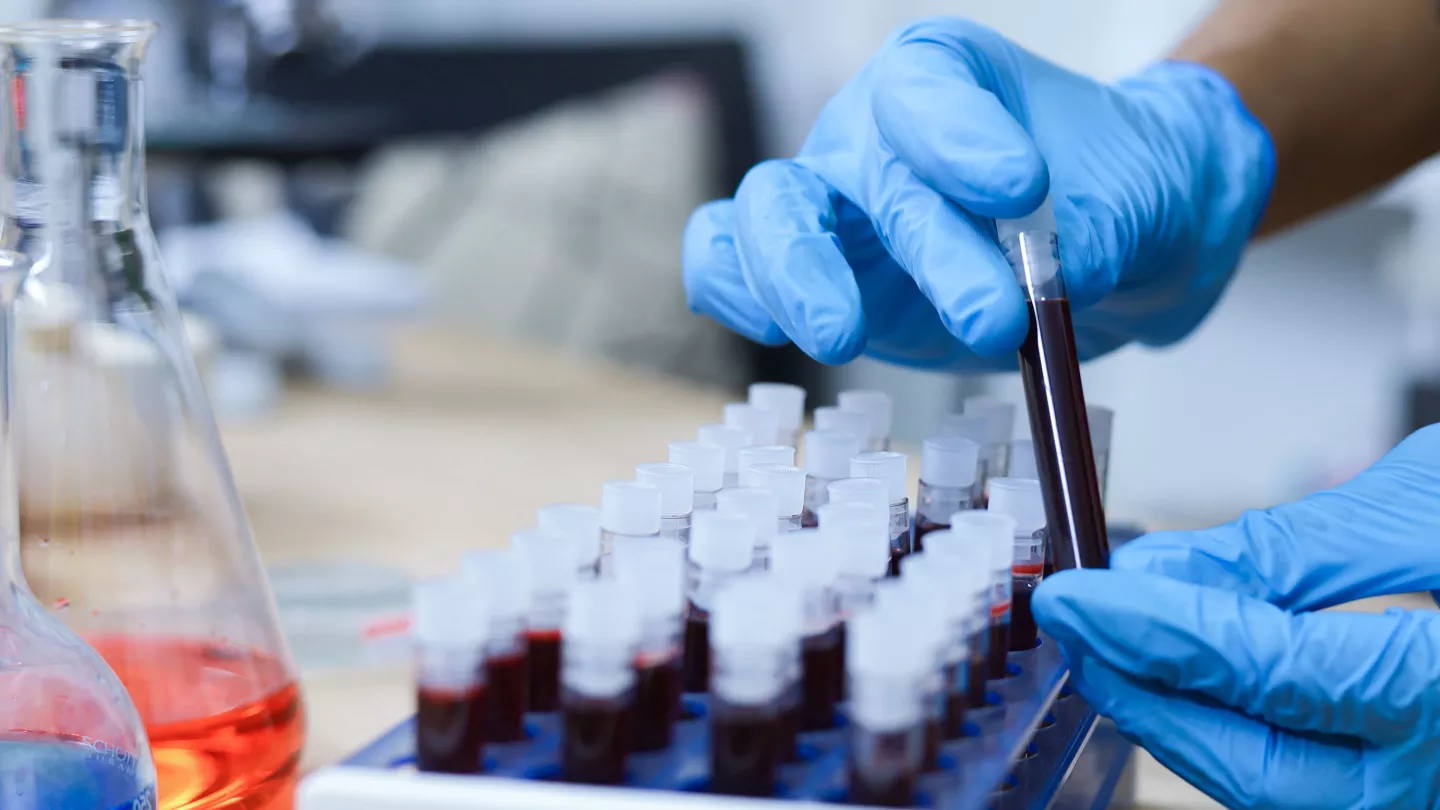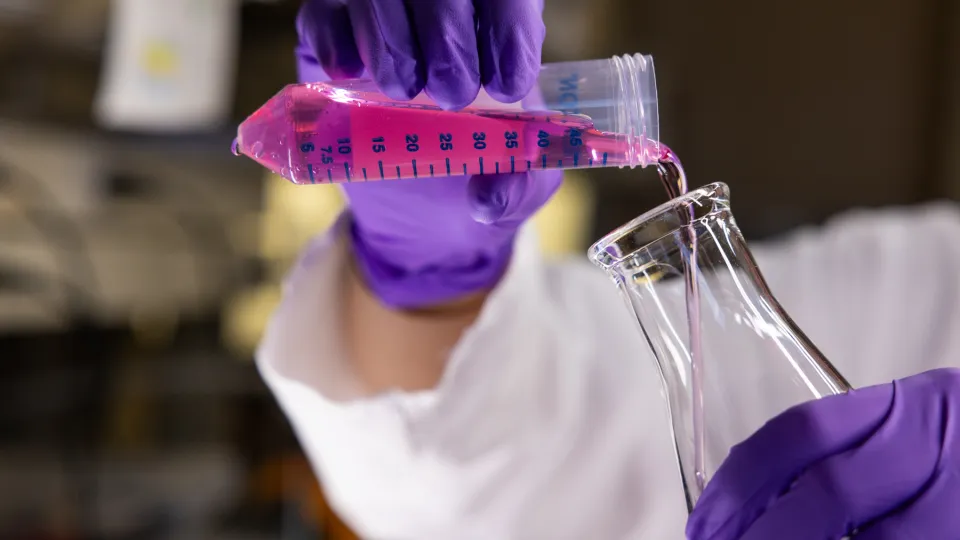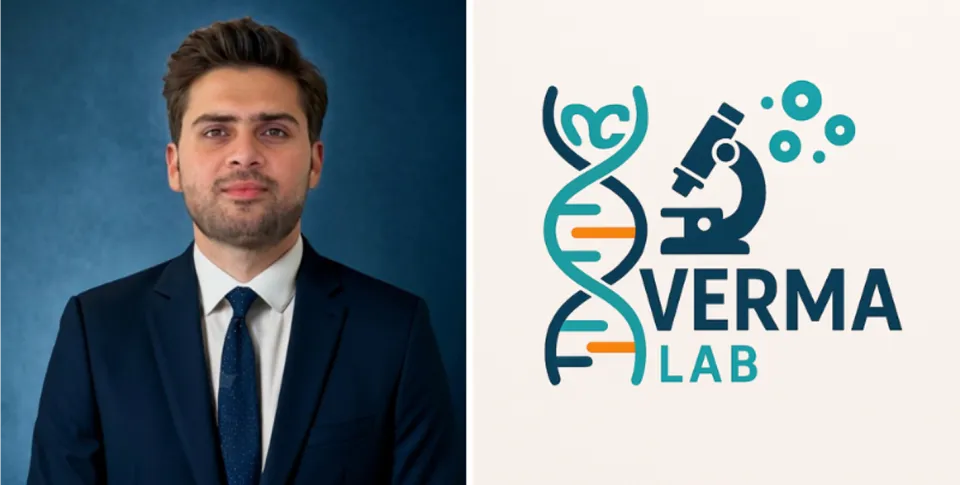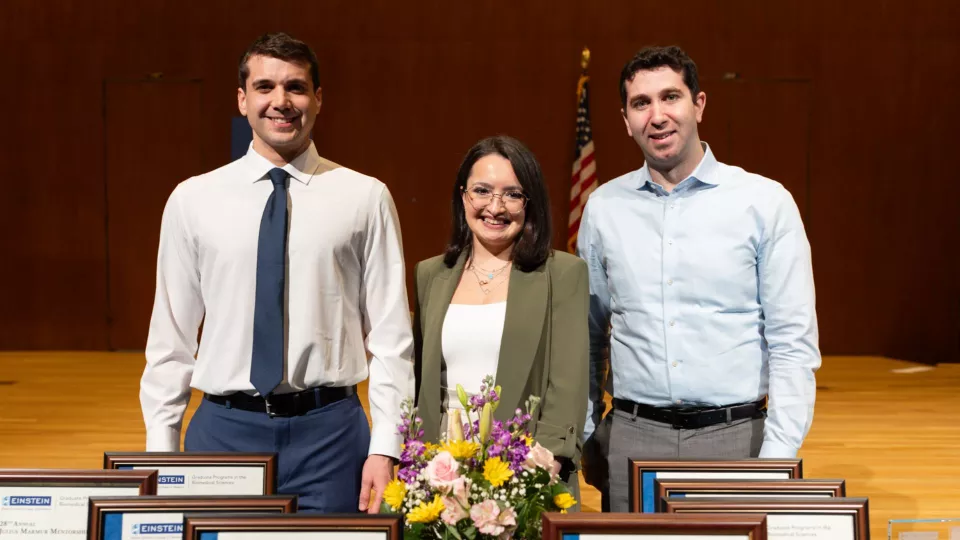News Brief
Glutamine "Starvation" Leads to Clinical Responses in Blood Cancers
September 24, 2024

Survival rates for the blood cancers known as myelodysplastic syndromes (MDS) have not improved over the past 50 years. In a phase 1b/2 clinical trial and preclinical studies reported online on September 19 in Nature Cancer, scientists at the National Cancer Institute-designated Montefiore Einstein Comprehensive Cancer Center (MECCC), MD Anderson Cancer Center, and The University of Texas at Austin achieved promising results against MDS by combining a standard anti-MDS drug with the investigational drug CB-839.
To obtain energy, MDS cancer cells, as well as cells in the related blood cancer acute myeloid leukemia (AML), rely heavily on metabolizing glutamine, the most abundant amino acid in the blood. The scientists realized that CB-839 might weaken MDS cancer cells because it targets the enzyme glutaminase, which catalyzes the first step in glutamine metabolism. In the clinical trial, 28 patients with advanced MDS were treated with CB-839 combined with azacytidine (AZA), a “standard of care” drug that works by killing rapidly dividing cells. The therapy was well tolerated and led to 70% of patients experiencing a partial or complete response. After analyzing blood samples following treatment, the researchers found that the combined therapy helped patients produce normal blood cells, a process often disrupted in MDS. In a separate analysis of blood samples taken from MDS patients and AML patients, the researchers found that levels of SLC38A1—a protein that transports glutamine within cells—are elevated in patients with poor treatment outcomes, suggesting that SLC38A1 could be a useful biomarker for assessing how well MDS and AML patients are responding to therapy and for personalizing treatment strategies. Most notably, the study shows that the enzyme GLS and the protein SLC38A1 are important in fueling the progression of MDS—and that targeting those molecules could transform how MDS and AML are treated and significantly improve patient outcomes.
Co-corresponding authors of the study were Marina Konopleva, M.D., director of the leukemia program, co-director of the Translational Blood Cancer Institute at MECCC and professor of oncology and of molecular pharmacology at Einstein, Amit Verma, M.B.B.S., associate director of translational science at MECCC, interim chair of the department of oncology at Einstein and Montefiore Health System, and professor of medicine and of developmental & molecular biology at Einstein, and Stefano Tiziani, Ph.D., at The University of Texas at Austin. Additional authors include co-first authors Divij Verma, Ph.D., and Anna Skwarska, Ph.D., both are research assistant professors of oncology at Einstein



